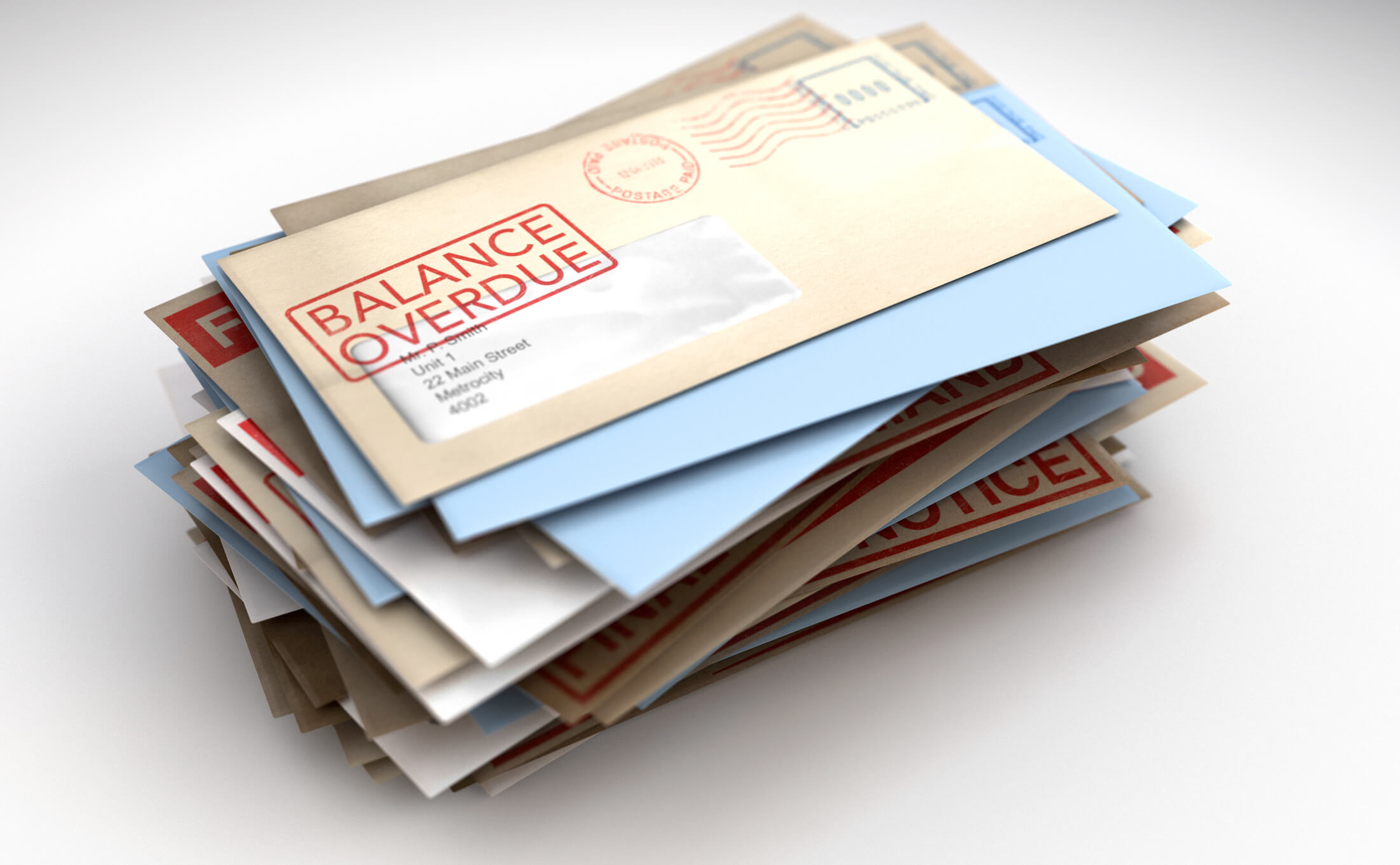 When you’re living paycheck to paycheck, even a small setback like an unanticipated medical bill or a week off work may wreck your finances. That necessitates difficult decisions for many people over what to pay and what to ignore. There are many different factors.
When you’re living paycheck to paycheck, even a small setback like an unanticipated medical bill or a week off work may wreck your finances. That necessitates difficult decisions for many people over what to pay and what to ignore. There are many different factors.
Perhaps you have three little credit card payments that are due, and if you don’t make them, you’ll be charged three hefty late penalties. You’re a little behind on your car payment, though, and you can’t risk having it repossessed without endangering your work.
The choice is frequently made more difficult by creditors and debt collectors. Naturally, they don’t care what is ultimately best for your budget. Their goal is to get money out of you as soon as possible. It’s challenging to resist that pressure. That means that, far too frequently, scarce funds are allocated to the most aggressive debt collector instead of the debt that ought to be given first attention.
Similar to when you are bargaining with creditors, being well-prepared can be your best weapon. Read on to learn what you should do if you can’t pay your bills. If you are considering filing for bankruptcy, contact Law Offices of Terrence Fantauzzi at (909) 552-1238 for a bankruptcy consultation.
What to Do When You Can’t Pay Your Bills
Stop and take stock as the first step in managing debt in a pinch. In most aspects of life, that’s actually the first step toward practical solutions. However, when under duress, people frequently omit this step. List your resources and determine what you owe. Become organized before deciding who to pay when and for what.
Establish the precise amount of money you have at your disposal. Since most expenses and debt payments are divided up by month, it usually makes sense to do so. Don’t forget to subtract any funds you’ll need to set aside for non-negotiable necessities like food and prescription medications.
Calculate the total amount of bills and debt repayments that will become due during that time. Add any sums that are already past due. Check the figures. You can determine exactly how much you’ll need to cut back on or postpone in order to get through the month if the amount you need to pay is higher than the amount you need to spend.
Put Your Duties in Order
Consider the repercussions of postponing or skipping each payment after you have a thorough list of your debts and know how much you are able to pay each month. Among the factors to take into account are if basics are under danger. Could missing your due date cause you to lose your home, have your car taken away, have your utilities cut off, or experience other types of life instability?
Keep in mind that this will rely not only on the type of debt, but also on your contract’s conditions and how far behind you will be as a result of missed or delayed payments. There is no one solution that works for everyone, but the majority of people opt to give priority to duties that safeguard necessities like housing and transportation.
Consider how much missing a payment will cost. Interest rates and late fees might differ greatly. In addition, if you have several late payments in a month, they can pile up quickly. Calculate how much more you’ll pay if you delay each payment once the necessities are paid for and you’re considering how to divide the remaining funds. Increasing late penalties and interest rates are the absolute last thing you need when trying to catch up. Hence, when setting priorities, take the price of late payments into account.
Consider how late or missed payments affect your credit. Late payments have a negative effect on your credit history and credit score. Poor credit scores may result in fewer loan options or higher fees and interest rates from lenders.
Yet, not every person you pay reports to credit bureaus. You may or may not have signed up for Experian Boost, so be sure to consider that when making this determination as to who reports to credit. Also, since most only report once per month, a payment that is a week or two late might not always have an effect on your credit.
These are steps you can take if you are experiencing a temporary financial setback. If you are having serious, long-term money problems then talking to a bankruptcy attorney is your best option. You can contact Law Offices of Terrence Fantauzzi at (909) 552-1238 for a consultation.
